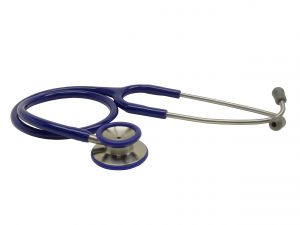Allergies know no age limits. Senior citizens who have never had allergies can suddenly develop them–often due to changes in their environment or in their own health. On the other end of the spectrum, babies and toddlers can also develop allergies.

If you have a child in need of pediatric allergy treatment, here are some options to consider.
Medications
Medications can help with allergy symptoms. For example, antiihistamines are useful for hay fever and seasonal allergies, inhalers can help with asthma, and topical medications can help with eczema. The down side is that there are often side effects. For example, the popular medication loratadine (generic version of Claritin) may cause drowsiness and stomach problems. Another problem is that medications don’t treat the underlying allergy—only its symptoms. Thus, once you stop the meds, the symptoms come back!
Allergy shots
Another option for pediatric allergy treatment is immunotherapy, commonly delivered through allergy shots. The good part of allergy shots is that they treat the source of the problem—the allergy itself—rather than just treating the symptoms. They also avoid the side effects associated with synthetic medications. The downside is that the shots aren’t appropriate for young children. Due to the risk of anaphylactic reaction associated with shots, they are not recommended for children under age 7. If your child is old enough for shots, another drawback is that you have to drive them to the doctor’s office multiple times a week so they can take the shots under medical supervision. This can be a challenge for time-strapped families.
Allergy drops
Until the mid-1980s, allergy shots were the only commonly used form of immunotherapy, but that changed with the development of sublingual immunotherapy which is administered as under-the-tongue drops. The drops are assimilated into the blood through special cells in the lining of the mouth. The best news of all for young allergy sufferers is that the drops were found to be safer than shots—even for children under 5. Allergy drops carry the same advantages of shots but avoid many of the risks and hassles of allergy shots. For example, they can be taken at home because they do not pose the same risks for anaphylactic reaction. And finally, allergy drops can be used to treat food allergies—a growing problem among children.
If your child has allergies, consult a physician about pediatric allergy treatment. Allergies may not affect quantity of life, but without help, they can certainly pose challenges for you’re your child’s quality of life.


